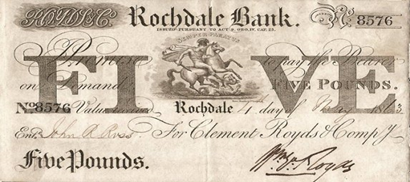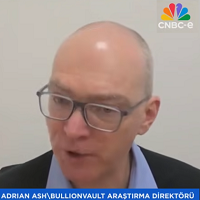Our Broken Financial System
What is a free society?
- We must accept a general responsibility to pay our own way;
- Excepting fair competition we must not inflict harm on other people.
What is money?
Where does modern money come from?

How do governments complicate money?
How is money created?
- Bank capital is provided to the extent preferred by investors in banks, which will reflect how much demand there is for banking services and how much interest can be charged.
- Property is monetised – at banks – according to the extent wished for by its owners, and money is transferred between depositors' scorecards when they choose to spend.
- The banks underwrite this monetisation. They are motivated both to assist it, because it pays them interest, and to watch carefully over the value of their collateral security in order to guarantee the resulting credit with their cautiously extended shareholders' funds, which remain permanently at risk.
- Interest rates automatically find their own level through competition between banks, rising as there is too little spending power available to borrowers, and falling as there is too much. The supply of credit is guided by demand for it, and by the risks and rewards of granting it.
- The banks' stakeholders (both shareholders and depositors) keep an eye on the bank, and are motivated to do so, because the failure of their bank would cause both of them losses.
- Bank customers consume more, or less, as they wish, and deposit more, or less, as they wish.
- The occasional failure of a bank, with significant losses to owners, management, and even depositors, kills off reckless banks, and through these deaths, and the birth of new banks, banking as a whole evolves in the true sense of the word, like any natural population, towards configurations which survive and prosper.









 Email us
Email us